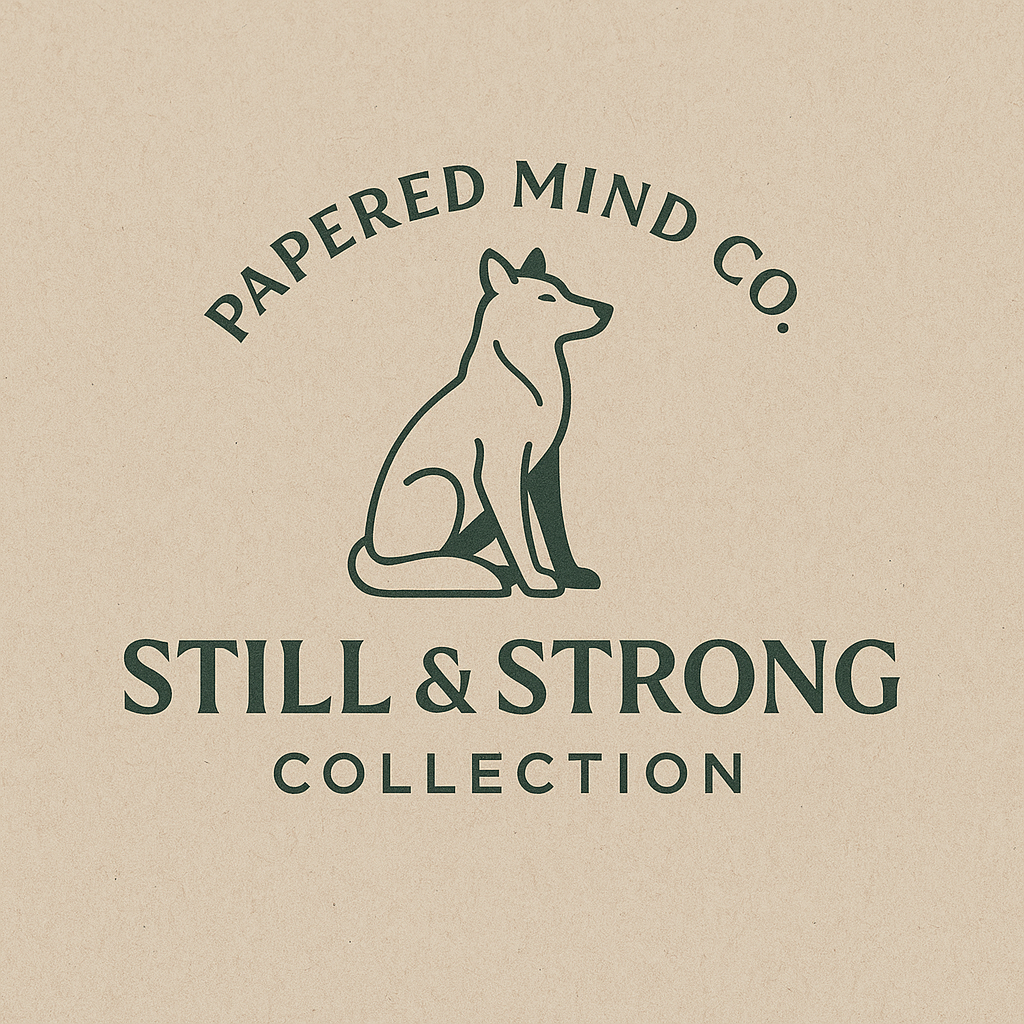How Handwriting & Note-Taking Can Boost Your Productivity
- Papered Mind Co.

- Sep 18, 2025
- 2 min read
In today’s digital age, it’s easy to default to typing notes on a laptop or storing reminders on your phone. But science and personal experience alike suggest that handwriting and intentional note-taking are powerful tools to sharpen focus, strengthen memory, and ultimately boost productivity.
1. Writing Helps You Process Information More Deeply
When you write something down by hand, you’re not just recording words—you’re processing ideas. The slower pace forces your brain to engage with the material, leading to better comprehension and retention. Unlike typing, which can become passive transcription, handwriting activates multiple parts of your brain that help with learning and recall.
2. Note-Taking Organizes Your Thoughts
Productivity often suffers from mental clutter. By jotting down your thoughts, tasks, or meeting points, you’re creating structure out of chaos. Handwritten notes can serve as a mental “download,” freeing up space in your head and giving you a clear roadmap to follow.
3. Writing Reduces Distractions
Screens invite distractions. With every notification or open tab, your focus is pulled in multiple directions. A pen and paper offer a simple, distraction-free zone that allows you to stay present and focused on the task at hand.
4. Notes Create a Tangible Record
Unlike digital files that get lost in endless folders, handwritten notes become a physical record of your progress. Whether it’s a journal entry, a brainstorm session, or a daily to-do list, flipping back through your notes can remind you of accomplishments and inspire new ideas.
5. Handwriting Supports Creativity
Writing sparks creativity in ways that typing often doesn’t. The freedom to doodle, sketch, or connect ideas visually opens up new ways of thinking. Sometimes the best breakthroughs happen in the margins of your notes.
How to Get Started
Keep a dedicated productivity journal where you track tasks, goals, and reflections.
Use the 3–2–1 method: Write down 3 priorities, 2 secondary tasks, and 1 personal focus each morning.
Try mind-mapping with pen and paper when tackling complex projects.
Review your notes weekly to stay aligned with your bigger goals.
Final Thoughts
Handwriting isn’t about rejecting technology—it’s about blending analog tools with digital efficiency. By incorporating note-taking and journaling into your daily routine, you create space for clarity, focus, and creativity, all of which are essential for boosting productivity.





Comments